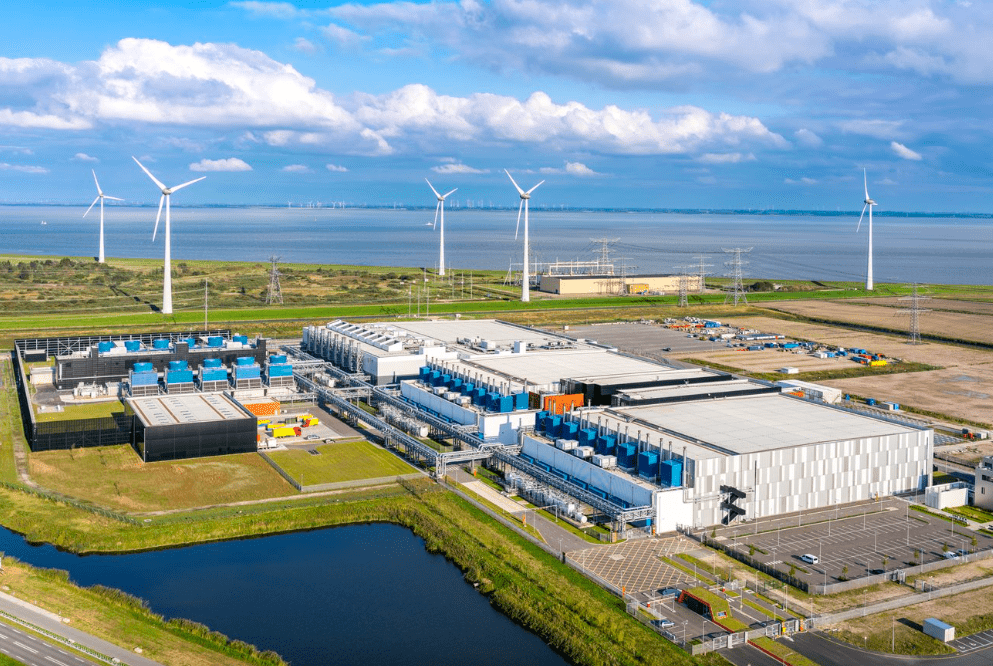
Google AI Energy Efficiency Report: 33x Reduction in Query Power Use
Google AI Energy Efficiency Report Reveals Major Breakthrough
Google’s newly released analysis shows a 33x reduction in energy consumption per AI text query over the past year. The Google AI energy efficiency report provides rare insight into the environmental performance of AI systems operating at scale.
With U.S. electricity usage climbing nearly 4% in 2025—driven largely by the growth of AI-powered data centers—efficiency gains are becoming critical to balance innovation with sustainability. While an individual query now consumes just 0.24 watt-hours of energy (comparable to nine seconds of TV viewing), the immense global query volume underscores the importance of further optimization.
How Google Achieved a 33x Drop in Energy Consumption
Google credits its massive efficiency leap to a mix of software and hardware improvements:
- Mixture-of-Experts Technique – Activates only the necessary parts of an AI model for each query, reducing computational load by a factor of 10 to 100.
- Compact Model Variants – Streamlined versions of AI models cut processing power requirements significantly.
- Custom AI Accelerators – Proprietary chips designed for AI operations pair with optimized software to ensure minimal energy draw.
This integrated approach allowed Google to reduce emissions per prompt to 0.03 grams of CO₂ equivalent and water use to 0.26 milliliters, or roughly five drops, per query.
Scope of Measurement and Transparency in Reporting
The report evaluates multiple energy factors, including:
- CPU and memory usage
- AI accelerator power consumption
- Cooling and data center overhead
- Carbon intensity of electricity sources
However, it excludes network transmission energy, end-user device consumption, and the cost of training AI models. Despite these exclusions, the methodology provides an uncommon level of transparency for AI sustainability reporting.
By documenting energy and carbon metrics over a 24-hour tracking period, the study establishes a baseline for ongoing measurement. This framework aligns with broader corporate practices for tracking Scope 2 (purchased electricity) and Scope 3 (supply chain and lifecycle) emissions.
Environmental Implications for Large-Scale AI Operations
While the energy demand per individual prompt is minimal, global usage scales rapidly. The environmental burden is compounded by the near-ubiquitous integration of AI into search, recommendations, and content delivery systems.
Yet the 33x efficiency improvement marks a significant step toward mitigating AI’s environmental footprint. Advancements in data center optimization and hardware-software integration demonstrate that large-scale AI can evolve toward more sustainable operational models.
Industry Call to Action: Standardized Measurement Frameworks
Google’s report goes beyond a technical assessment; it advocates for industry-wide adoption of similar methodologies. By sharing details of its measurement framework, Google signals that environmental accountability in AI should become a collective standard rather than a competitive advantage.
The approach mirrors practices in other high-energy sectors where precise lifecycle accounting is critical for sustainability benchmarks. If adopted broadly, these standards could drive comparable efficiency gains across the industry.
Future Outlook: Green AI as a Strategic Imperative
The findings raise critical questions for the future of AI infrastructure. Will other technology providers follow Google’s lead in reporting energy usage and carbon metrics at this level of granularity? Can software optimization continue to offset the exponential growth of AI queries?
Sustainable AI design is no longer a peripheral concern; it is rapidly becoming a strategic imperative for operational, regulatory, and reputational reasons. The Google AI energy efficiency report positions itself as a benchmark for responsible scaling in an energy-intensive industry.
Will efficiency gains keep pace with global AI adoption, or will rising demand outstrip technological progress?
Explore Business Solutions from Uttkrist and our Partners’, Pipedrive CRM [2X the usual trial with no CC and no commitments] and more uttkrist.com/explore



